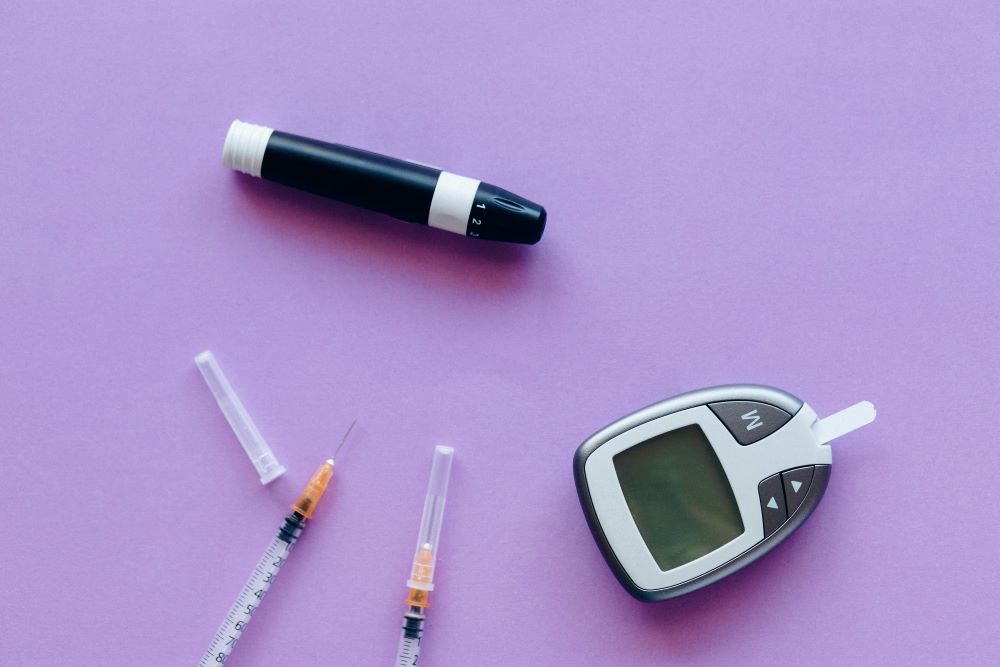The medication offers significant weight loss and blood sugar control.
Tirzepatide (aka, Zepbound) has shown promising results in reducing the risk of developing type 2 diabetes among individuals with obesity and prediabetes. A recent study involving over a thousand participants demonstrated that, over a span of three years, the drug reduced diabetes progression risk by more than 90% compared to a placebo. These findings highlight the significant potential of targeting obesity, a major risk factor for diabetes, through effective medical interventions.
This research builds upon earlier data from the SURMOUNT-1 trial, which evaluated tirzepatide’s efficacy in managing weight and blood sugar levels. The initial trial revealed remarkable weight loss outcomes, with participants shedding 15% to 22.5% of their starting weight depending on the dose. Additionally, participants saw significant improvements in glycated hemoglobin (A1c) levels, a key marker of blood sugar control. The extended study focused on participants with prediabetes and obesity, analyzing outcomes after three years of continuous treatment. While 13.3% of the placebo group progressed to diabetes, only 1.3% of those receiving tirzepatide did, showcasing its effectiveness in delaying or preventing disease onset.
Tirzepatide functions by mimicking hormones that regulate appetite and blood sugar, specifically targeting GLP-1 and GIP receptors in the body. These dual actions help users feel full more quickly, reduce food intake, and improve insulin secretion. Compared to earlier GLP-1-based therapies, tirzepatide delivers more pronounced results while minimizing side effects. The drug’s tolerability was evident as side effects such as nausea diminished over time, paving the way for its potential as a long-term treatment option.

An important observation from the study was that many participants maintained improved A1c levels after three years, with over 90% returning to normal ranges. However, a follow-up analysis conducted 17 weeks after stopping the drug indicated some weight regain and a slight rise in A1c levels.
These findings open up conversations about the broader implications of such medications in managing chronic conditions tied to obesity. Beyond diabetes, obesity contributes to numerous other health issues, including cardiovascular disease, liver and kidney dysfunction, sleep apnea, and arthritis. By addressing obesity early and effectively, medications like tirzepatide could significantly alleviate the burden of these related conditions.
The potential for tirzepatide to become an approved treatment for prediabetes is particularly exciting. Current therapeutic strategies for prediabetes are limited, relying heavily on lifestyle modifications that, while effective, can be challenging to maintain for many individuals. A pharmacological option with such a strong track record of success could revolutionize how this condition is managed, offering hope to millions at risk of developing diabetes.
The study also sheds light on the evolving perspective on obesity within the medical community. Historically, obesity was often regarded as a result of poor personal choices rather than a treatable medical condition. Advances in research and the development of medications like tirzepatide are helping shift this narrative, recognizing obesity as a complex condition influenced by genetic, hormonal, and environmental factors. This shift not only encourages the development of effective treatments but also reduces the stigma often faced by individuals with obesity.
Dr. Louis Aronne, one of the study’s authors and a leading expert in metabolic research, emphasized the importance of these findings in reshaping obesity treatment. According to him, addressing obesity as a primary health concern could one day make this comparable to the priority given to conditions like high blood pressure and high cholesterol
Sources:
Tirzepatide cuts diabetes risk by 90% in obese patients, study shows


Join the conversation!